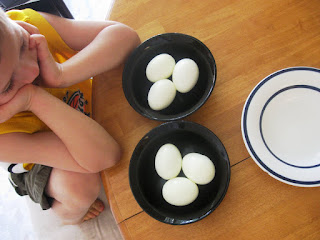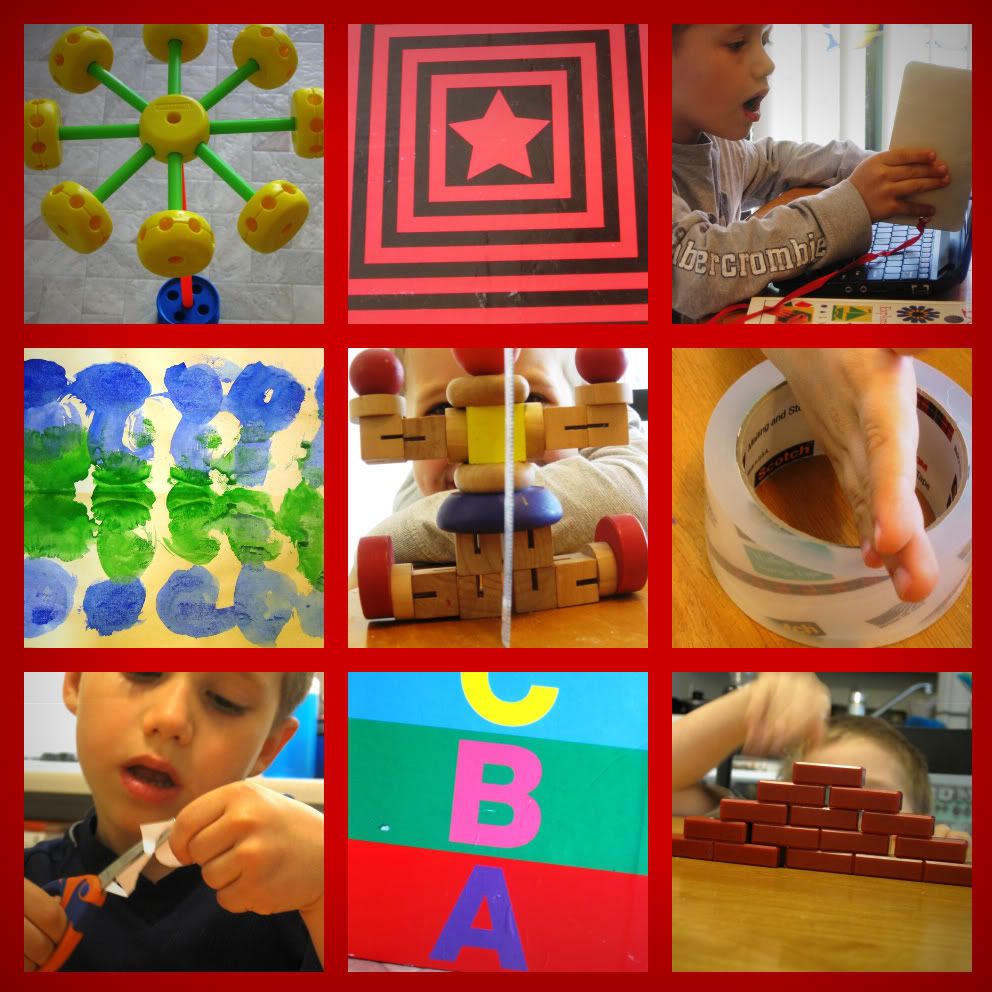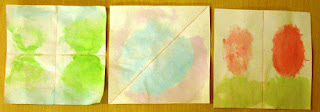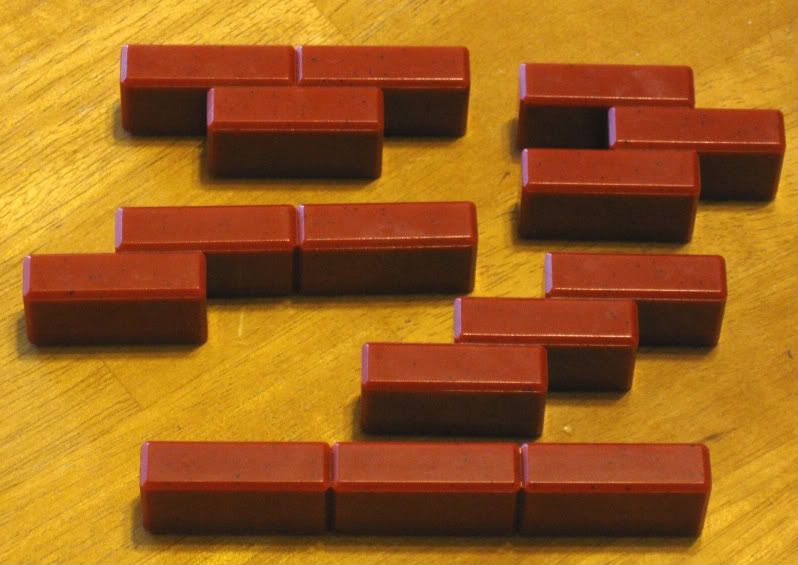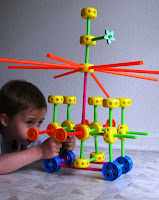At what age can you introduce puzzles to your baby?
While even simple puzzles have generally been deemed as an activity for the toddler and preschooler domain, there are lots of great options nowadays that can bring the benefits of puzzles down to babies under a year old.
When is my baby ready?
What are some good things to look for to see if your baby is ready for puzzles? For starters, if your baby:
- Picks up small objects with one hand
- Puts things inside containers
- Manipulates objects, such as trying to open containers, cabinets, or locks
He will probably be able to handle simple puzzles. Most babies are able to do these things well before their first birthdays.
How to Introduce Puzzles to Babies
1. Get the Right Puzzles
Find some good "inset" puzzles, the kind where puzzle pieces fit inside cut-out spaces in a board.
Try and find some puzzles with as many of the following characteristics as possible:
- Have large, easy to grasp knobs
- Have only a few pieces, 1-3 is best to start
- Have a little wiggle room and are easy to put in
- Have simple shapes (circles are the easiest)
- Have matching pictures under the pieces
A few "ok" options:
Some of our personal favorites include this 3-piece jumbo shapes puzzle previously available from Melissa & Doug, and this set of Garanimals puzzles (which Damien is pictured playing with) from Wal-mart (available as a 3-pack in the baby section for $6). It would really be ideal to find some "perfect" starter puzzles, such as a one-piece puzzle with a circle shape, but so far I haven't been able to find any. Have you?
2. Put Puzzles in Baby's Play Area
I have had puzzles out in Damien's play area for a while. He has mostly enjoyed dumping them out, banging them together, mouthing them, and doing all of his other dozens of "scientific experiments" with them.
In the process, however, he was able to truly learn about their shape, texture, color, length, diameter, weight, thickness, curve of the edges, sound they make, balance, and many, many more characteristics babies are discovering in their play.
3. Play Clean Up
After letting baby play with the pieces, teach him to put them away.
I believe that if a baby is old enough to dump toys out, he is old enough to put them away. So as with other clean up activities, guide his hand in putting the puzzle pieces in the correct place and then putting the puzzle away on the shelf. He will get a feel for where they go and how they fit and will very quickly attempt to do this on his own during playtime.

4. Scaffolding - Play Puzzles with Your Baby!
"Scaffolding" essentially means giving your baby as much help as he needs to advance to the next level of skill, but not more help than he needs.
For introducing puzzles to baby, it might first mean guiding his hand in placing the pieces in the correct spot (as in the "clean up" activity above).
The second step might mean putting the puzzle piece almost in the right spot, then guiding him, "Put the puzzle piece in" and letting him "do the rest", essentially only moving the piece a little before it falls into place.
The third step might mean giving your baby a puzzle piece, making sure it is oriented correctly (not upside down or sideways) and pointing out the correct spot while encouraging him to put the piece in.
And so the game would continue, with each time giving your baby only much help as you feel like he needs to succeed, then stepping back and watching him figure out the rest on his own.
Damien is currently somewhere in between the second and third step mentioned above. We have only recently started playing with puzzles more often, and he really seems to enjoy it. His focus while trying to put the pieces in is intense!
Puzzles can be a great addition to your baby's playtime. Always remember when playing with your baby to keep in mind the principles of teaching tiny children - specifically to keep it brief, fun, and stop before he wants to stop.
P.S. I would love to hear about your experiences of introducing puzzles to your baby or toddler, as well as any recommended beginner puzzles you have found!
"He made also ten tables, and placed them in the temple, five on the right side, and five on the left..."
2 Chronicles 4:8
Damien is 10 months, 2 weeks old









